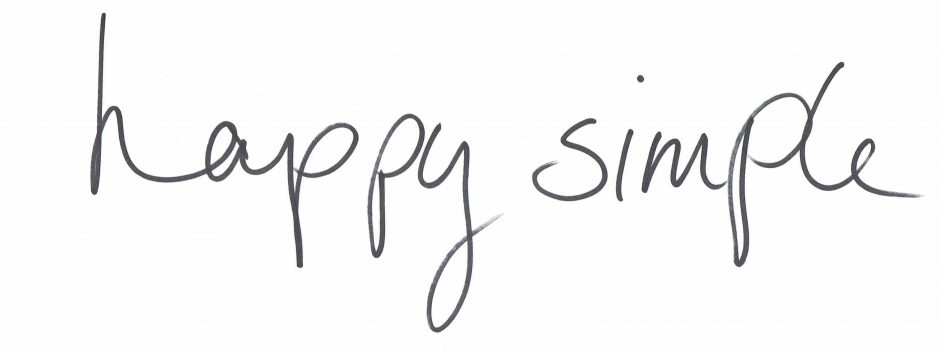
I’ve been chatting with some of my nieces over the past week or so (safely, over Skype). In every conversation, we get to the point where they mention some disappointment that’s happened because of this virus. And then they say some variation of “I know I shouldn’t feel sorry for myself. So many people have it far worse than me.”
I apologize for the gene pool there were born into. And then I tell them their cancelled plans and changed circumstances really suck, and it’s OK to feel sad about that. Feeling sorry for themselves isn’t shallow. It doesn’t lessen their compassion for the suffering of others.
One niece had to cancel her baby shower. The lovely one she dreamed of with the gathering of the whole family in one place to celebrate the baby she thought she might not get to have.
Another niece’s PhD research has been completely derailed, and she’s not sure how or even if she can get it back on track.
Another planned to build her counseling practice this year. That’s not happening.
And the one on the west coast can’t get home to make sure in person that her parents are OK. She can’t be here to help.
All kinds of people have had to cancel trips. Really wonderful trips to see the world and connect with loved ones.
One friend is on lock-down in South Africa, which is something she hadn’t planned when she set out.
Compared to the awfulness of dying or burying loved ones, these concerns are small, yes. You might feel petty for being sad when your plans and dreams fall to pieces.
But what they don’t understand is that the pain they feel isn’t some kind of shallow self-pity.
It’s grief. And we’re all feeling it right now.
Grief for our canceled plans.
Grief for our lost sense of security.
Grief because we can’t be with the people we love.
It hurts, and we need to acknowledge that and find ways to feel it, to honour, and release it.
Pushing ourselves to one side so that we can acknowledge the pain of someone else while ignoring our own doesn’t help anyone.

Unresolved grief causes so many problems. Watching how my parents’ lives played out taught me that.
Good Catholic people that they were, they believed the priest who told them that grieving my sister Patty’s death was questioning God’s wisdom. This was back in the ’50s. I think the church has grown a bit in compassion since then.
When my sister Eileen was born with Down syndrome, well, they didn’t know they could grieve that. She wasn’t dead, so it couldn’t be grief they were feeling, could it? *Spoiler* Yep. It was.
A wise friend posted on Facebook, when he was undergoing cancer treatment, that there’s more to grief than death and the end of a romantic relationship. We get to grieve our career losses. A loss of health. Or money. We get to grieve when our plans for the future have to change.
It’s essential work.
And it only becomes self-pity when we get stuck in it. Which can happen when we deny it or deflect it. When we say it’s not important because so many people are dying.
Why do we compare sorrows like this, in ways that make us the loser?
I’ve spent four years not acknowledging that Inflammatory Arthritis sucks. Because it’s not cancer. It’s not even as bad as MS, which my mother had and my sister-in-law lives with.
We’re a bit ridiculous when we get together, both saying, “I have nothing to complain about compared to you.”
“No, your situation is worse.”
“No, yours is!”

When this is all over, we can’t go back to normal life with our grief unacknowledged. That will just speed up the frenzy that so many of our lives had become.
We need to take the time. We need to acknowledge the hurt and process it.
Life sped up to this ridiculous, unsustainable, unmanageable pace after World War Two, with all of its losses and heartbreak.
The war ended, and everyone, no matter what they’d lived through, was told to get back to normal as quickly as possible. Returning soldiers didn’t talk about their experiences. Even people in the camps were advised to forget. The loss, the hurt was swept aside because it was over, and we should be glad of that.
So the healing never happened.
One way of dealing with unacknowledged grief is to speed up your life. Always be busy, always be on the move, so the pain can’t find you.
So we built our superhighways and grew our giant corporations. We ramped up production and travelled further and faster and worked harder than ever before.
And then the unacknowledged grief and unhealthy coping mechanisms were passed on to the next generation. And the one after that.
Until one day, the world itself said STOP!

It’s OK to be sad that everything is uncertain and scary right now.
It’s OK to be sad that your plans have had to change.
It’s OK to be sad that your event has been cancelled and you can’t spend time with your friends.
You don’t have to ignore your sadness because people are dying. Our hearts are huge. They can hold a global sadness along with the more localized ones. You can be sad for yourself as well as them.
Take the time to grieve. Cry or rage. Write it down. Dance it out. Look it in the eye and say, “I see you.”
Yes, there are people who are worse off than you. Do what you can to help them.
But you also need to tend to your grief. Don’t let it take over when all of this is done.


My newsletter goes out twice a month and includes links to my blog posts as well as highlights of my Medium articles. If this sounds interesting to you, you can sign up using the handy form below





Pure light. Thanks Barb. The words I needed today. Sorry about your sucky IA.
Thanks Sacha. Look after yourself. xx
Thank you for this, Barb. Take care of you.
Walk in de corner wid plenty love always
Thank you Ann! You too! xx
Barb, grief is such a part of life and agree that ignoring does not make you stronger it makes you heavier and less able to recognize joy when it comes to you. Thanks for identifying this for all of us.
Thanks Terry! Look after yourself. xo
Thanks for your kind soothing words. I really needed to come across or hear something like this ♥️♥️
I’m so glad I could be here for you, Dina. Take care.